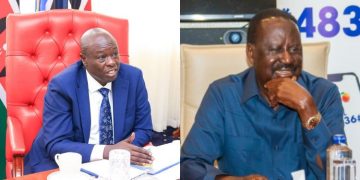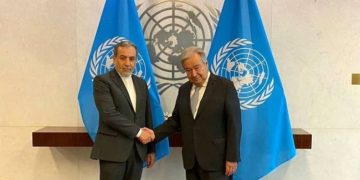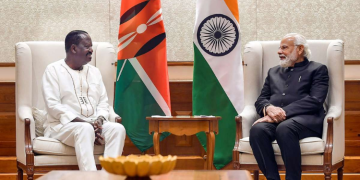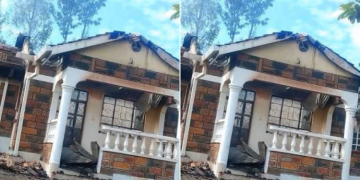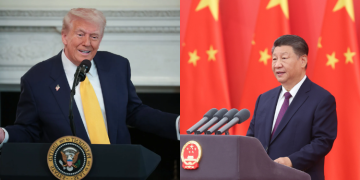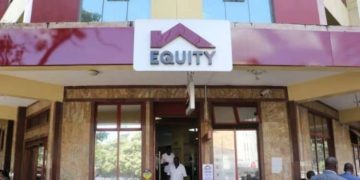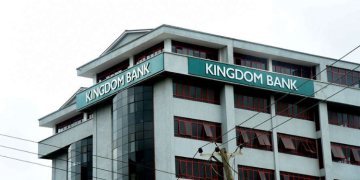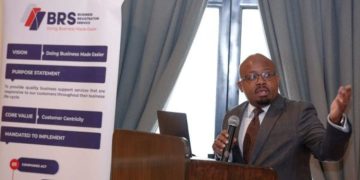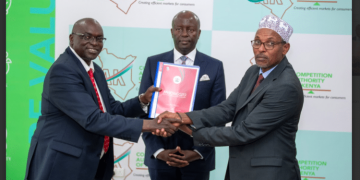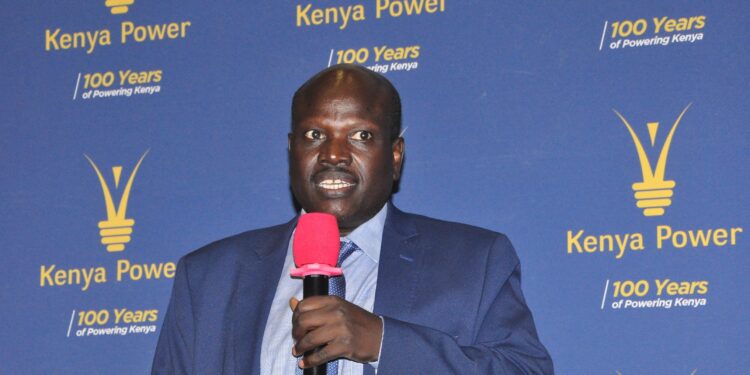Kenya Power and Lighting Company (KPLC) CEO Joseph Siror and his team appeared before the Public Investments Committee on Commercial Affairs and Energy on Wednesday, July 9, 2025.
The Committee, chaired by Pokot South lawmaker David Pkosing raised serious concerns over its financial health, inflated electricity tariffs, failed infrastructure projects, and glaring IT vulnerabilities.
Legislatures established a worrying picture of a company battling deep-seated structural and operational issues, despite serving as the backbone of the country’s power supply.
According to the Auditor-General’s report for the year ending June 30, 2019, the company’s current liabilities stood at Ksh115.2 billion, against assets of Ksh44.2 billion, leaving a negative working capital of Ksh71 billion.
This marked the third consecutive year of deficits, raising doubts about the company’s ability to remain solvent.
Siror attributed the financial crisis to capital-intensive projects implemented between 2014 and 2018 under the government’s universal electrification agenda and the ambitious 5,000MW power generation plan.
“Most of the funding came from medium-term commercial loans, yet the projects we undertook were long-term in nature. Delays in tariff reviews and high system losses only worsened the cash flow situation,” Siror explained.
He further explained that to stabilize the company, KPLC rolled out a multi-faceted recovery strategy.
One key measure was reducing system losses by 0.5% annually and extending money market facilities to manage liquidity.
The company also focused on enhancing debt collection, implementing smart metering, and suspending non-essential capital projects.
Additionally, KPLC engaged the Energy and Petroleum Regulatory Authority (EPRA) to realign tariffs and recover Ksh 11.9 billion owed from the Rural Electrification Scheme.
“We’re making progress, our negative working capital has improved from Ksh 75 billion in 2020 to Ksh 27 billion in 2024. We also posted a Ksh 30 billion profit after tax as of June 2024,” Dr. Siror said.
Weaknesses in Kenya Power IT System
The Committee members also raised red flags over serious weaknesses in the company’s IT systems.
The Auditor-General cited delayed system log reviews, lax password controls, and super-users with unrestricted access; three of the four core systems lacked proper activity monitoring.
KPLC’s ICT team cited the deployment of IBM QRadar, Microsoft Defender, and Oracle audit trails to enhance security.
However, the Committee chairman wasn’t satisfied.
“Unrestricted super-user access is a ticking time bomb. It creates room for fraud and cyber breaches. These vulnerabilities must be addressed urgently,” Pkosing warned.
Also Read: Kenya Power Explains Where Your Token Money Really Goes
Siror Criticizes Powerful Owners of IPPs
The Committee also questioned the rising cost of electricity and ongoing power outages.
Siror defended the current pricing model as “cost-reflective,” saying it’s designed to attract investment in power generation.
“For any power plant, we apply an open-book model: 25% equity and 75% debt, targeting a 12% return on investment. EPRA reviews and approves all tariffs based on plant costs and operational years,” he explained.
He added that tariffs have fallen by Ksh2 per unit over the past three years due to reforms and technological upgrades.
Also Read: How to Fix Common Meter Errors Before Calling Kenya Power
Besides, the CEO questioned why Kenyans are still paying more for electricity if technology is becoming cheaper.
He accused Independent Power Producers (IPPs) of hiding behind murky contracts to earn profits as Kenyans pay more for electricity.
“If technology is becoming cheaper, why are Kenyans still paying so much? These companies are owned by powerful people. We need to know who’s profiting while ordinary Kenyans suffer,” he said.
Procurement Irregularities
Lawmakers also raised concerns about procurement irregularities, including a Ksh55.9 million direct contract awarded in 2018 to an advertising firm.
The Auditor-General flagged it as a breach of the Constitution and procurement laws while management claimed it was a temporary solution.
“These smells of vested interests. Public procurement must be competitive and transparent,” Pkosing said.
Follow our WhatsApp Channel and X Account for real-time news updates.



